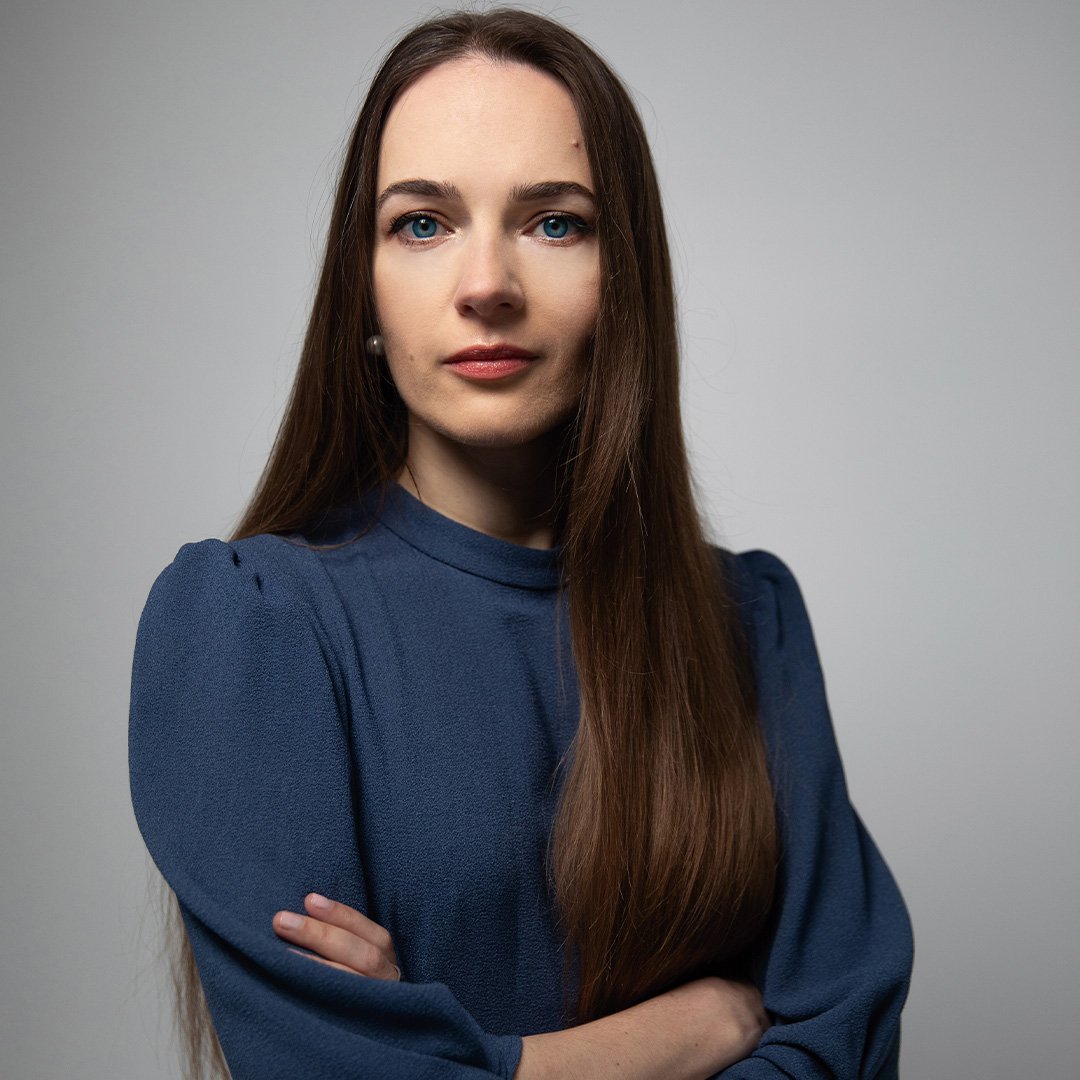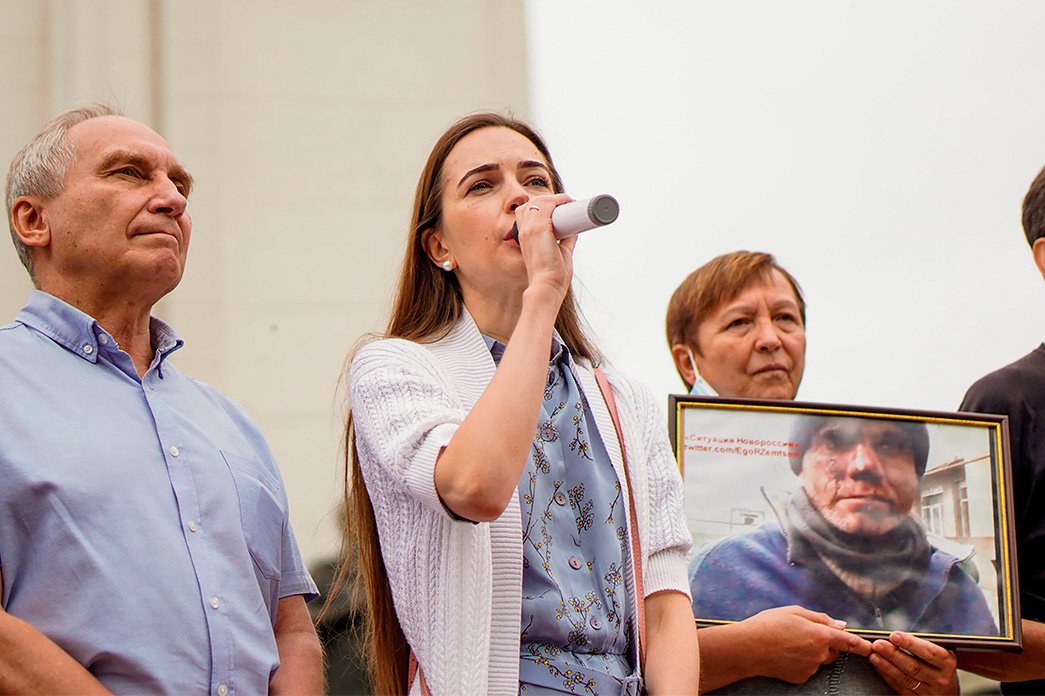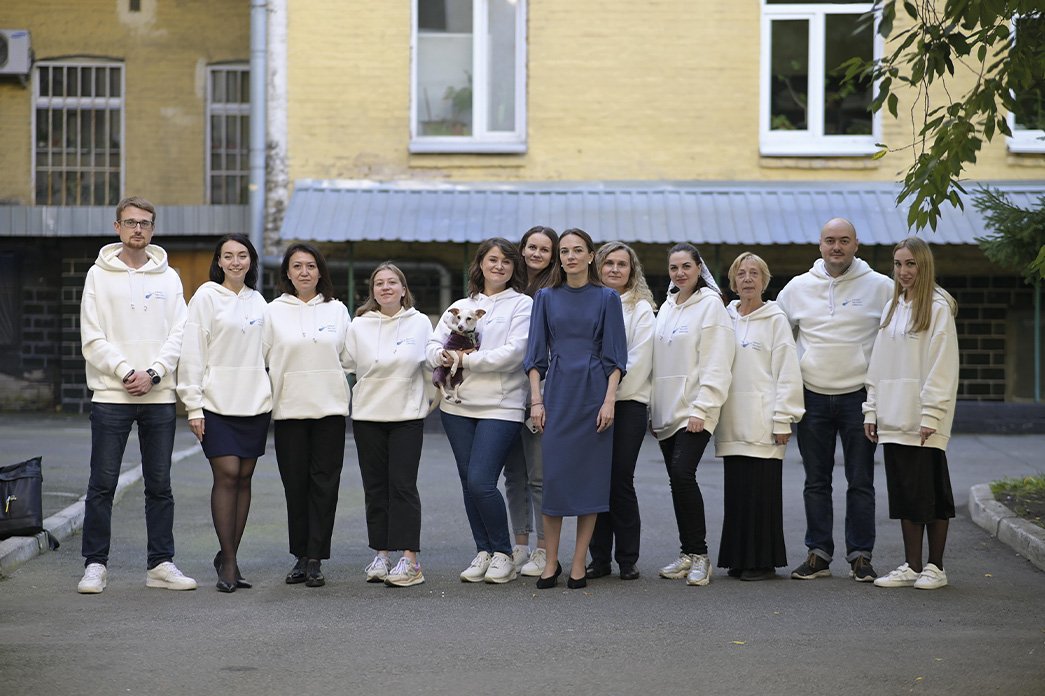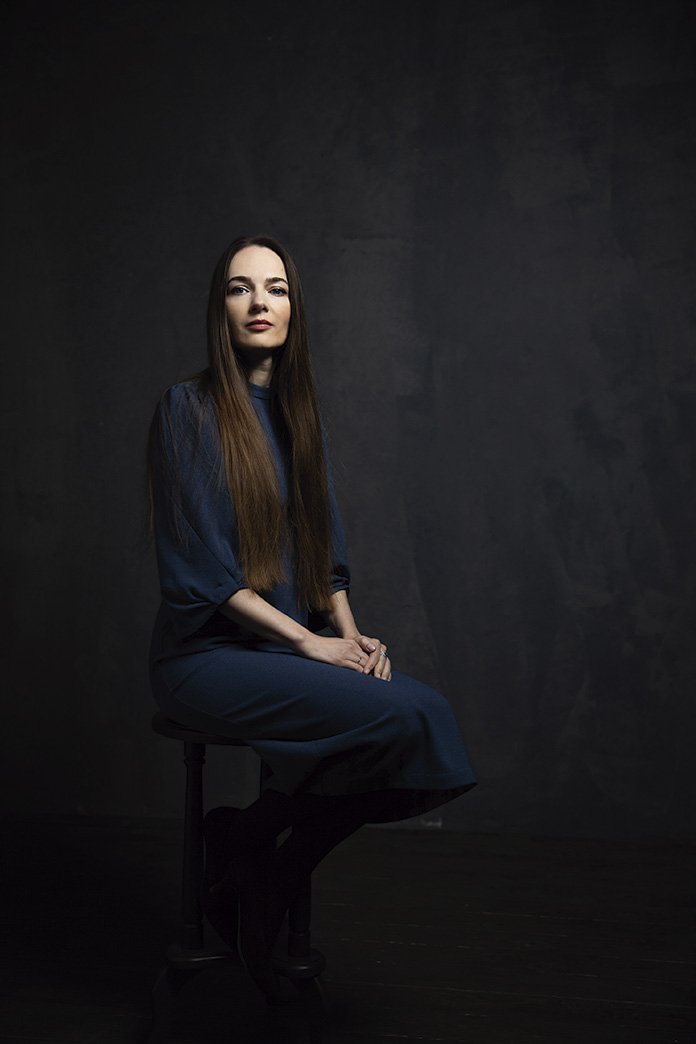Tell us a little about your life story.
I have been working in the human rights
protection field for more than 20 years already. When I was a student, I held
various educational seminars on human rights and self-protection; now I am
documenting the war crimes in this unleashed-by-Russia war in order to hold
Putin and other Russian war criminals accountable. I come from a poor family,
so I began working in the banking sector while still at university. My plan was
to combine a commercial career with social activity, for the benefit of the people.
Since former president Yanukovych began building a centralised vertical
structure and suppressing any uncontrolled civic activities, I have focused
entirely on the protection of human rights. I may have a law degree, but you
need to master a great range of varied skills and competencies to be a human
rights defender in Ukraine.
What motives led you to becoming an activist? Was
there a specific moment that proved the catalyst?
Ukrainian dissidents, who fought against
the Soviet regime at one time, greatly impacted my life path. Back then, when I
was at school, I met Yevhen Sverstiuk, a philosopher, author, and long-term
political prisoner. He took care of me and introduced me to the dissidents’
circle. They were honest people, who said what they thought and lived the
way they said they should. In fact, as role models, he and other dissidents
taught me the following: though having no other means to fight against
injustice, your own word and your own personal stance are always with you. It
is not that little after all.
Which are the main causes you defend?
We fight for freedom and
the right to have our own democratic choice. These are our values. Considering
any of the sociological surveys made in recent years, one may see that
Ukrainians always indicated freedom as a priority. We also fight for people. We
will never abandon them to die or suffer torture in occupied territories.
You are a lawyer specialising in human rights and you
head the Centre for Civil Liberties. What is the mission of the organisation
you coordinate?
The Centre for Civil Liberties was founded
in 2007. The name speaks for itself: we protect civil liberties, such as
freedom of speech, freedom of peaceful assembly, freedom from torture, and so
on. We always flexibly respond to the challenges caused by changes in
circumstances. We owe all the results we achieved to the large number of
ordinary people, who join our initiatives and campaigns. I know for a fact that
if you cannot rely on effective legal instruments, you can always rely on
ordinary people.
What role has the Centre for Civil Liberties played
with regard to the wave of Ukrainian refugees?
I have personally communicated with a
hundred people who had survived Russian captivity. They have described the way
they were beaten, raped, and electrically shocked through their genitalia, and
that their nails were torn out, their knees were drilled, and they were
compelled to write with their own blood. One lady described the way her eye had
been dug out with a spoon. Since the full-scale Russian invasion last year, we
have been faced with an unprecedented amount of war crimes. In just 10 months,
our joint efforts have documented 31,000 war crime episodes. We have no
possibility to address Ukrainian refugees’ issues.
The Centre was awarded the Nobel Prize,
together with a Belarussian activist and a Russian NGO. As a result of the
bombing of the Ukrainian energy infrastructures, you found yourself forced to
write your Noble Prize acceptance speech by candlelight. Can you share
with us what you felt in that moment?
The Russian full-scale invasion has
completely ruined the notion of "normal life”. War imposes its own measurement
of time, space, and human pain. We are living a life of permanent threat
because, in the entire country, there is no place to escape Russian missiles.
As well as a life of complete uncertainty, when it is absolutely impossible to
simply plan your day or even your next several hours, because air raids,
electricity or Internet outages occur unpredictably. I felt responsible when
composing my Nobel Prize acceptance speech. I do not know whether words
have the power to stop wars, but I wish people both in Ukraine and all other
countries worldwide never ever suffer the experience that we have.
Has being a Nobel Peace Prize recipient brought
you a new level of responsibility?
For decades, the voice of human rights
defenders of our region was not heard. We might have been heard at the UN Human
Rights Committee, but definitely not in the halls of political decisions. The
civilised world was turning a blind eye to the situation, while Russia was
killing journalists, arresting activists, and dispersing peaceful
demonstrations in its own country. The civilised world continued to shake
Putin’s hand, conduct business as usual, and build gas pipelines. Eventually,
Russians believed that they could do whatever they wanted. The Nobel Peace
Prize makes the voice of human rights defenders noticeable. Human rights
and peace are inextricably linked. A state, which systematically violates human
rights, poses a threat not only to its own citizens, but also to the entire
world.
"Only justice can give people their names back"














